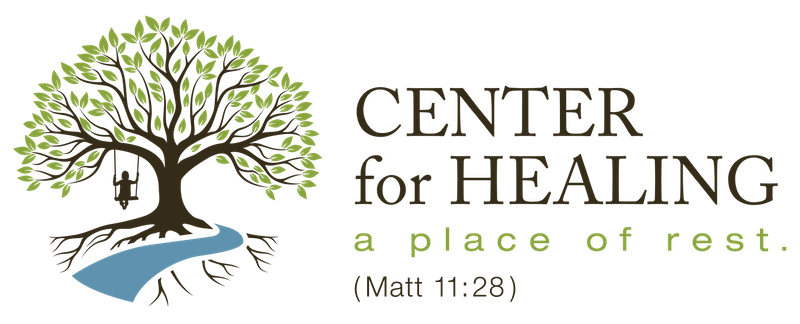
The stories are emerging. One healthcare worker shared her experience that half of the staff at the hospital quit when COVID - 19 started spreading like wildfire. Another explained how her roommates are uncomfortable with her in the home. Yet another is concerned about her anxiety and tending a unit with possible COVID cases. Others are consoling patients who are terrified of dying. Watching the process of death from this virus is scary and the fact that a patient doesn't have any family at their bedside is deeply distressing.
One study in China showed that 71% of healthcare workers (1,257 participants in 34 hospitals) reported the psychological symptom of distress. Depression, anxiety and insomnia were among the other factors, yet not as powerful as the distress. Others are stating that they are afraid of spreading the virus as a stealth carrier. Some haven't seen their families in weeks because they have decided to self isolate. After the SARS epidemic, healthcare workers succombed to PTSD more than the general population. Other mental health issues like depression, acute stress disorder and alcohol abuse increased as well. And what about those who quit because of the Catch 22? It might go something like this, "If I don't quit I might contract COVID and die. If I do quit, how will my coworkers look at me, my family...or how will I look at myself?" This is complex.
I consider the the healthcare workers to be heros. They are the first responders, running towards the 'fire' while everyone else is distancing. They stand at their post, while fear runs rampant throughout the hospital. But be careful, heros sometimes have masks that cover up trauma symptoms such as nightmares, intrusive memories and feeling amped or irritable regularly, a new baseline when encountering and continuing to face a world trauma. Other symptoms of PTSD include avoidance of emotions, flashbacks, insomnia or a loss of interest or pleasure in activities. Another key is the extent of loneliness during the trauma. The less the trauma is felt, expressed and processed with others, the more likely it will be internalized and symptoms will emerge.
A robust tool for a group of people who have been through a trauma or are continuing to face one is called a Critical Indident Stress Debriefing (CISD). A trained professional helps individuals in a group setting to reflect, process, and move through the trauma exposure. PTSD sets in when the individual exposed represses and 'plows through' or becomes interiorly immobilized, i.e. continue to work without talking about it, shut down at home with numbing agents, etc. The CISD is a bridge from the traumatic event to hope, healing and recovery. The intervention allows for the survivor to be heard, given a voice and find closure in due time (Pfiefer, Professional Association). The group dynamic fosters a safe environment to allow connection and lessen the effects of loneliness. By combating isolation up front through an intentional CISD, it can boost work morale and nurture relationship in the work space.
If you are a healthcare worker, please consider forwarding this to colleagues, management or someone who will take charge to set up and initiate a CISD. Here at the Center for Healing, we are here to 'help the helpers' on the front lines through a CISD. Thank you for what you do.
Peace, Micheal Ciaccio MS, LPC, SATP

